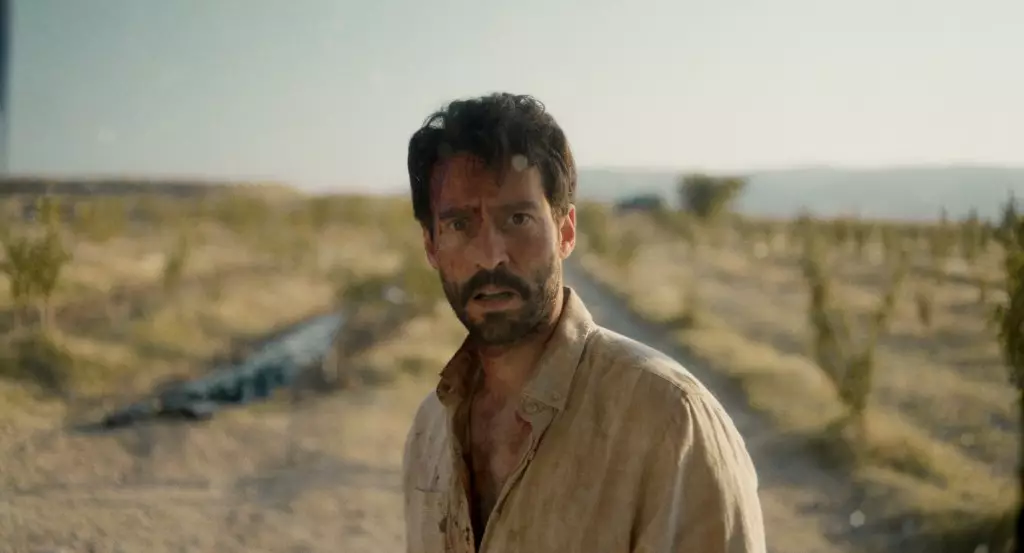In a landscape crowded with formulaic narratives, Alireza Khatami emerges as a breath of fresh air. “The Things You Kill,” awarded the Directing Award at Sundance 2025, is not just a film; it is a defining moment of what modern psychological thrillers can aspire to be. With Cineverse acquiring U.S. distribution rights, it marks a critical moment for the film’s accessibility while simultaneously raising expectations. Khatami’s previous works, such as “Terrestrial Verses” and “Oblivion Verses,” hinted at his potential. In “The Things You Kill,” he fully realizes it, combining gripping storytelling with profound thematic depth.
The Art of Psychological Turmoil
At the heart of Khatami’s film is not merely a plot revolving around vengeance but an exploration of deeper existential voids. The protagonist, portrayed by Ekin Koç, embodies a flawed yet relatable figure – a university professor grappling with grief and guilt. There’s something disturbingly relatable about his descent into darkness as he navigates the aftermath of his mother’s death, which serves as a catalyst for his violent impulses. This intimate look into the troubled psyche of the protagonist resonates with audiences accustomed to more superficial character arcs from Hollywood. Khatami’s ability to fuse surreal atmospherics reminiscent of David Lynch with the dramatic nuances displayed by Asghar Farhadi positions him as a transformative figure in cinema.
Dramatic Tension and Moral Ambiguity
“The Things You Kill” engages not only the senses but also the ethical fabric of society. As family secrets unfurl and the noose of police scrutiny tightens, viewers are thrust into a moral labyrinth that tests the boundaries of justice and revenge. The emotional stakes are amplified further by the protagonist’s internal conflict, causing a psychological tension that keeps audiences on the edge of their seats. This isn’t simply a film about retribution; it’s an intricate study of human frailty. Khatami deftly leads viewers into an abyss, compelling them to question whether revenge is ever justified or simply a manifestation of deeper discontent.
A Cultural Bridge
Khatami’s narrative resonates powerfully within the American context by tapping into the tradition of psychological thrillers that have captivated U.S. audiences. His statement about the film echoing this tradition reveals a keen understanding of the cultural dynamics at play. It’s not just a tale of an Iranian filmmaker but one that reflects universal struggles: masculinity, grief, and the haunting specter of guilt. This cultural bridge fosters new conversations about identity and moral complexity that are increasingly relevant in today’s tumultuous world.
Looking Ahead
As the film gears up for its theatrical release this fall, both the industry and audiences should buckle up for an unsettling ride. Khatami’s narratorial prowess leaves viewers pondering long after the credits roll, a rare feat in an era saturated with mediocrity. His partnership with Cineverse represents more than just a distribution deal; it signals a shift towards cultivating profound cinematic experiences that delve beyond surface-level thrills. “The Things You Kill” has the potential to stand as a milestone, reminding us that cinema can be a reflection of our deepest fears, ethical dilemmas, and unexpressed emotions. The anticipation surrounding this film affirms the critical role of innovative storytelling in shaping the future of modern cinema.

